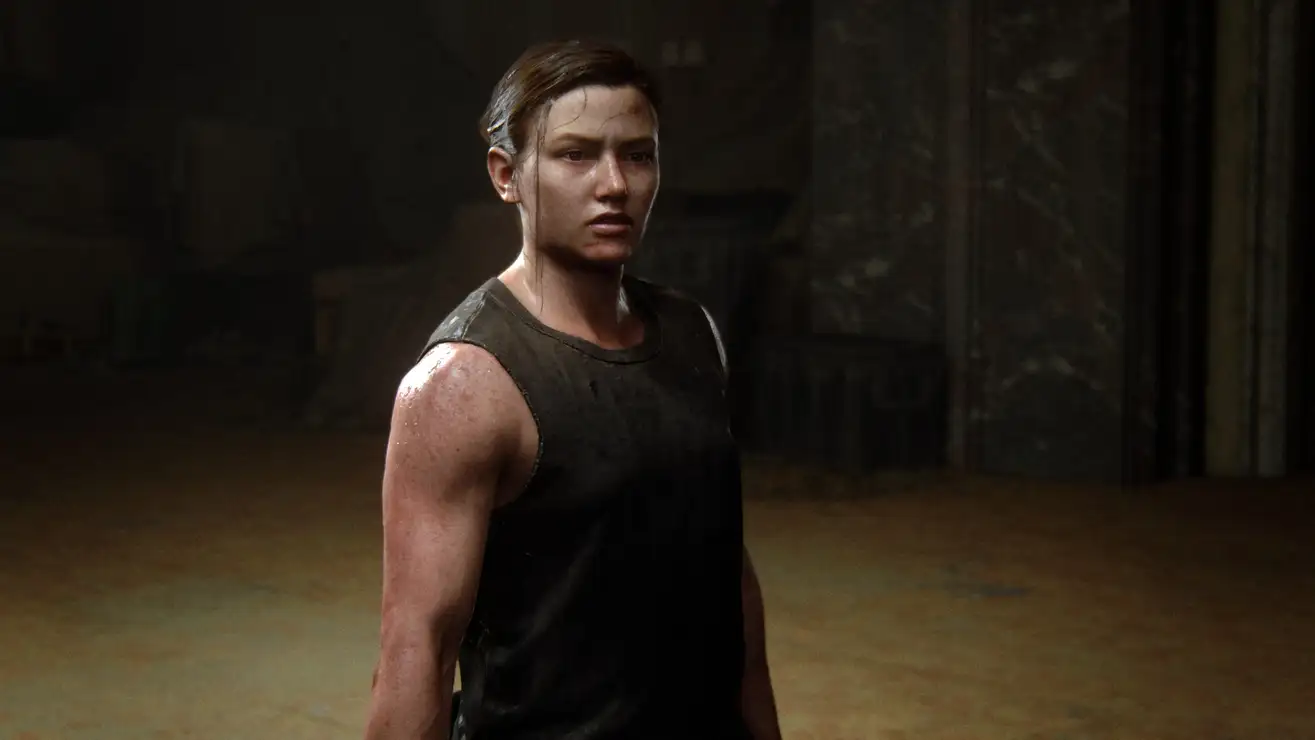Anyone who was on the internet around the release of The Last of Us Part II knows that it was a tumultuous time. The highly anticipated sequel to the critically acclaimed first installment divided fans, sparking intense debates and a wave of online backlash. While the fallout affected both players and developers, it took a particularly heavy toll on the creative team, with Laura Bailey, who portrayed Abby, revealing the disturbing extent of the harassment she endured. In this article, we delve into the toxic environment that surrounded the game’s release, exploring the consequences of fandom gone wrong and the impact it had on those behind the scenes.
The Controversial Plot Twist
The Last of Us Part II made headlines for its bold narrative choices, none more shocking than the death of the beloved protagonist Joel at the hands of Abby, a character played by Laura Bailey. Abby’s role in Joel’s demise became a lightning rod for criticism, with a subset of fans expressing vehement disapproval, viewing it as a betrayal by the developers, Naughty Dog. This discontent manifested as an online storm of vitriol, hate messages, and death threats, ultimately targeting the actors involved in bringing the characters to life.
Laura Bailey’s Harrowing Experience
In the documentary “Grounded II: The Making of The Last of Us Part II,” which premiered on February 2, Laura Bailey bravely opened up about the personal toll the release cycle took on her. Tearfully recounting the death threats she received, Bailey revealed that some messages even targeted her two-year-old son. This shocking revelation sheds light on the dark underbelly of fandom, where lines between fiction and reality blur, leading to real-life consequences for those involved in the creative process.
The Leaked Cutscenes and Escalating Harassment
The hostility towards the game escalated further with the leak of cutscenes ahead of the official launch. Bailey shared that these leaks fueled the fire, exposing her to an even greater barrage of online abuse. The threats were so severe that they were reported to the appropriate authorities to ensure her safety. What makes this situation even more disturbing is the fact that Bailey’s son, who was born during Part II’s development, became a target, illustrating the alarming lengths some fans would go to express their displeasure with a fictional character and its portrayal.
The Toll on Public-Facing Women in Gaming
Unfortunately, Bailey’s experience is not an isolated incident. Online harassment has become an unfortunate norm in the video game industry, with public-facing women often bearing the brunt of it. Earlier in the same year, Stephanie Tyler Jones, the face model for Spider-Man 2, spoke out about being stalked, receiving voicemails at her day job, and feeling genuinely unsafe. The correlation between the toxic fan culture and the harassment faced by women in the industry is a distressing pattern that demands attention.
Concerns for the HBO Max Adaptation
As news of the HBO Max live-action adaptation of The Last of Us surfaced, featuring Kaitlyn Dever as Abby, concerns arose about the potential for a repeat of the online vitriol. Given the alarming response to Laura Bailey’s portrayal of Abby, there’s a justified worry about the fallout for Dever once her character’s pivotal scenes are broadcasted. Social media users have jokingly advised her to stay away from online platforms, but given the severity of the threats faced by Bailey, such precautions may be more than mere jest.
The Need for Change
The release of The Last of Us Part II and its aftermath highlight the urgent need for change in how fans engage with creators and their work. While passionate discussions and critiques are an inherent part of fandom, the line between constructive criticism and toxic behavior has been severely crossed. The gaming community must reflect on the consequences of such actions and work towards fostering a more respectful and inclusive environment.
The Last of Us Part II stands as a landmark title, not only for its innovative gameplay and narrative but also for the dark shadow cast by its release. Laura Bailey’s revelations about the harassment she endured, including threats against her son, shed light on the disturbing reality of toxic fandom. As the industry moves forward, it is crucial for both fans and creators to learn from this experience, fostering an environment where passionate discussions can coexist with respect and empathy. The toll on the creators behind our favorite games should serve as a stark reminder that, at the end of the day, they are artists bringing stories to life, deserving of appreciation rather than hostility.
READ MORE: Rudy Gobert in for Timberwolves’ game against Magic

